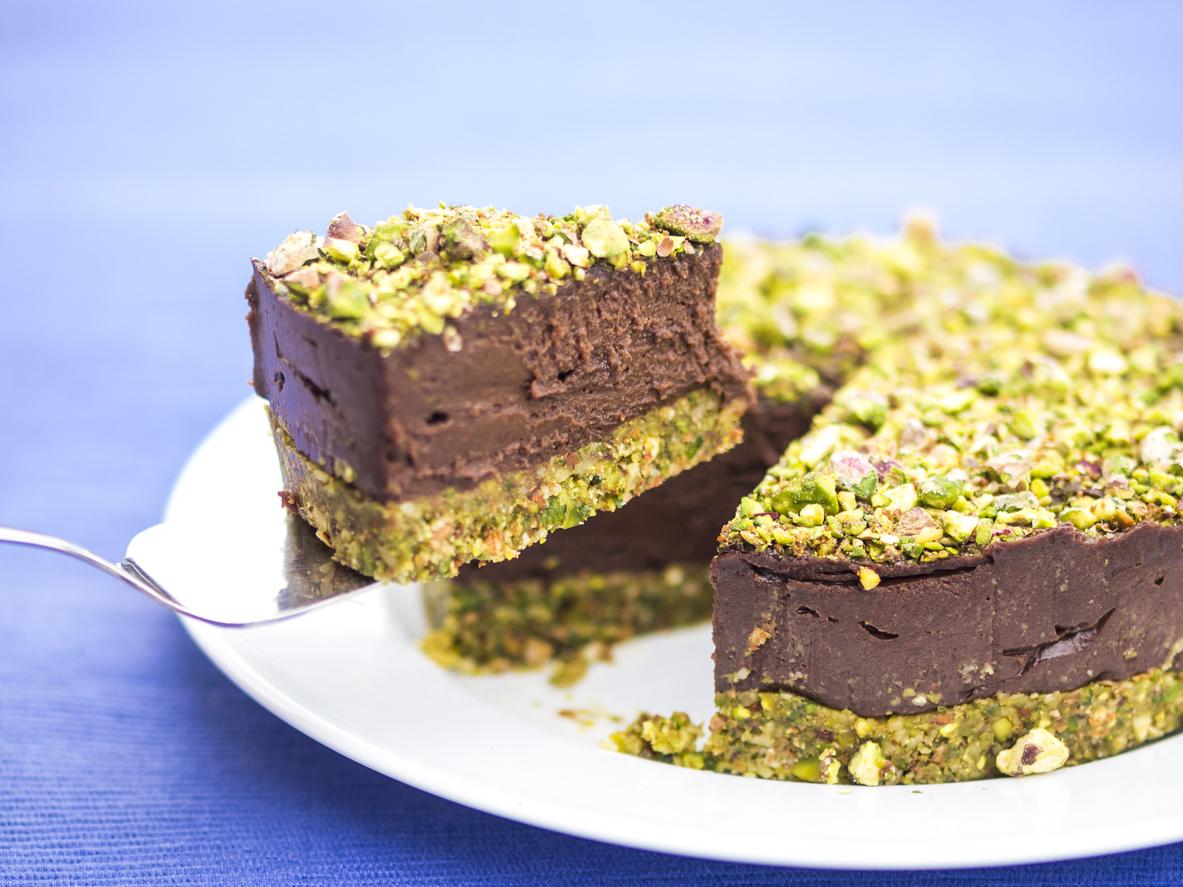Clean eating negatively affects social perceptions of a person, finds study
Your love of raw vegan cheesecakes could be costing you friends

Your support helps us to tell the story
From reproductive rights to climate change to Big Tech, The Independent is on the ground when the story is developing. Whether it's investigating the financials of Elon Musk's pro-Trump PAC or producing our latest documentary, 'The A Word', which shines a light on the American women fighting for reproductive rights, we know how important it is to parse out the facts from the messaging.
At such a critical moment in US history, we need reporters on the ground. Your donation allows us to keep sending journalists to speak to both sides of the story.
The Independent is trusted by Americans across the entire political spectrum. And unlike many other quality news outlets, we choose not to lock Americans out of our reporting and analysis with paywalls. We believe quality journalism should be available to everyone, paid for by those who can afford it.
Your support makes all the difference.The vast majority of nutritionists, doctors and health experts will tell you that completely cutting certain food groups out of your diet if you’re not intolerant to them isn’t good for you.
And despite the backlash to “clean eating” in recent years, many people continue to try and follow a diet free from gluten, refined sugar, animal products and all processed food.
It’s much easier than it would’ve been a couple of years ago - you can pick up a turmeric coconut milk latte or raw vegan cheesecake at many coffee shops, cafes and restaurants now.
So you’d be forgiven for thinking clean eating was simply an acceptable part of society today.
But according to a new study, you’d be wrong. Clean eating still has a social stigma around it, and if you value your friends, you may want to cut down on the chia seeds, maca powder and kale.
For decades, researchers have studied well-established eating disorders such as anorexia nervosa, and we all know there’s a stigma attached to it. But whether these social consequences apply to “clean dieting” hasn’t really been assessed, until now.
To find out how people perceive clean eaters and those with orthorexia (obsessively pursuing a healthy diet), researchers Suzanne M. Nevin and Lenny R. Vartanian asked volunteers to read about a specific individual then evaluate them.
They were told to do so in terms of their attitudes and beliefs about the individual, as well as their desire for social distance from them.
In their first study, the researchers found that people evaluated someone more negatively if they found she or he was a clean eater compared to someone whose diet wasn’t mentioned. Even more negatively judged, however, were those described as having a clinical eating disorder (anorexia nervosa).
The second study looked into perceptions of orthorexia. They found that a woman suffering from anorexia nervosa was judged just as harshly as someone with anorexia nervosa.
Nevin and Vartanian concluded that there definitely are social ramifications associated with clean eating and obsessing over a healthy diet.
They say the social stigma could be associated with control and blame in social settings - anyone who’s ever attempted even to eat slightly healthily probably has experience of friends telling them they’re being boring because they don’t want to go out for pizza.
“The present research provided support for the suggestion that there may be adverse social ramifications for clean dieting behaviors, and found that this effect was particularly pronounced when the behaviors were described in a more extreme manner (i.e., orthorexia nervosa),” the researchers wrote.
“Developing a better understanding of the stigma toward various forms of disordered eating is an important step toward alleviating the social burden endured by individuals with those conditions.”
Join our commenting forum
Join thought-provoking conversations, follow other Independent readers and see their replies
Comments